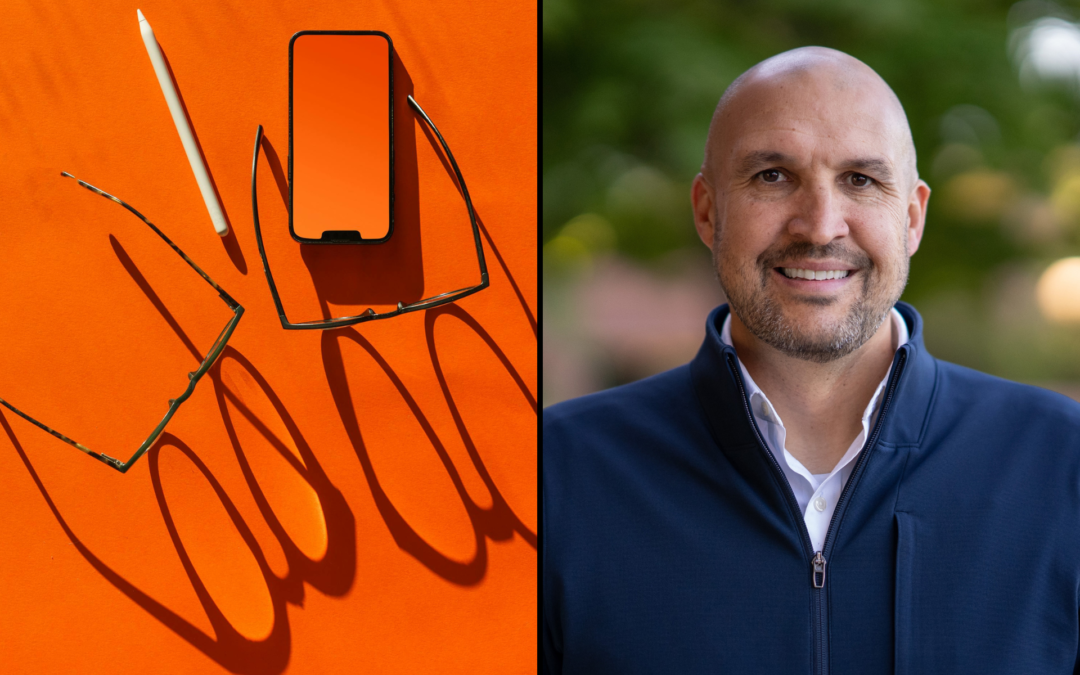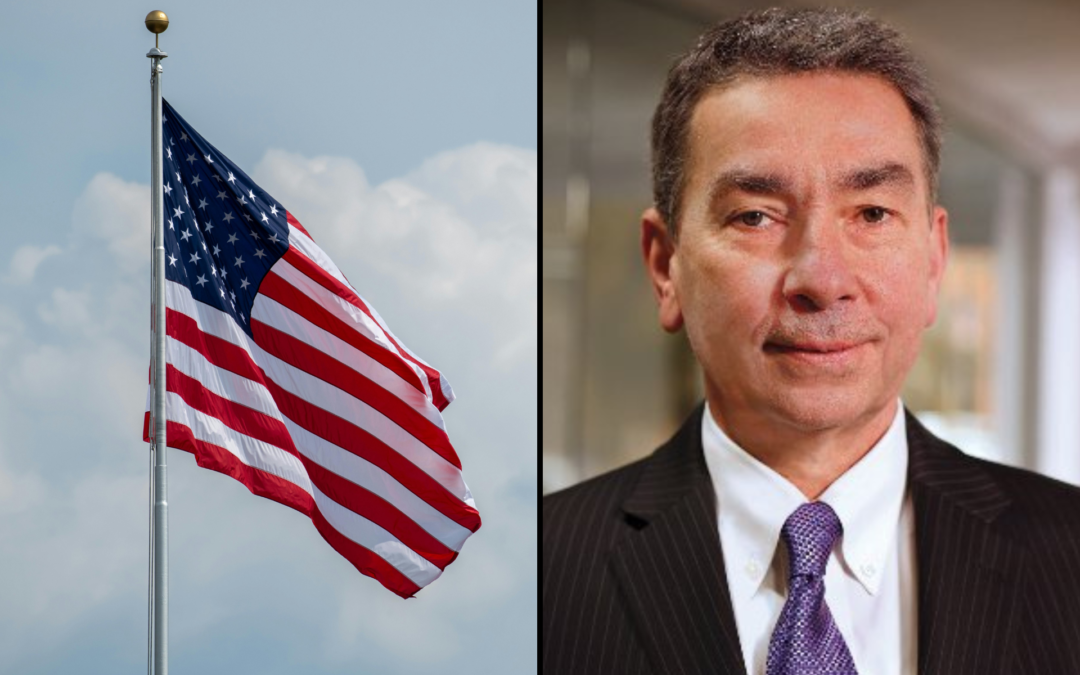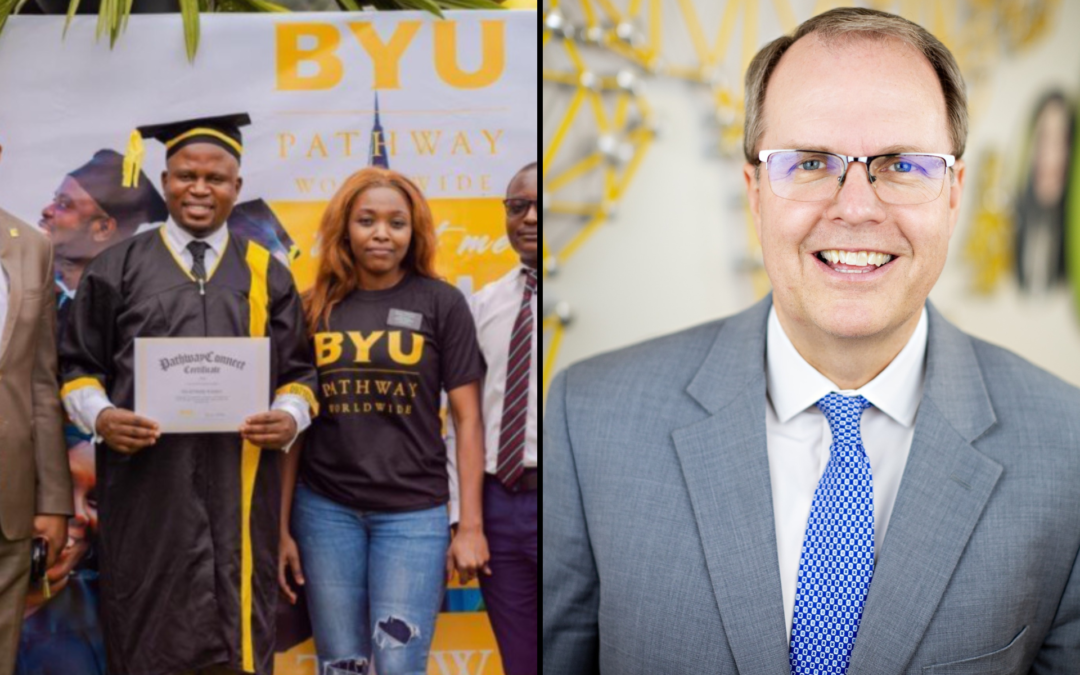October Media Availability Recap
October Media Availability Recap
What’s Happening
Presidents from the Presidents Forum, including Dr. Lisa Vollendorf (SUNY Empire) and Madeline Pumariega (Miami Dade College), shared innovative ways their institutions are championing underserved communities. From neurodivergent learners to debt-free graduates, they highlighted inclusive, affordable education initiatives.
Key Takeaways
- SUNY Empire leads in supporting neurodivergent students through universal design, accessible online support, and career services to ensure successful transitions into the workforce.
- Miami Dade College offers debt-free pathways and robust industry partnerships, making higher education accessible for thousands.
- Micro-Credentials—Executive Director Wesley Smith emphasized these flexible, affordable options that are directly linked to employment, addressing specific barriers for working and underserved students.
What’s Next
The next media session will explore AI’s impact on higher education.




Recent Comments